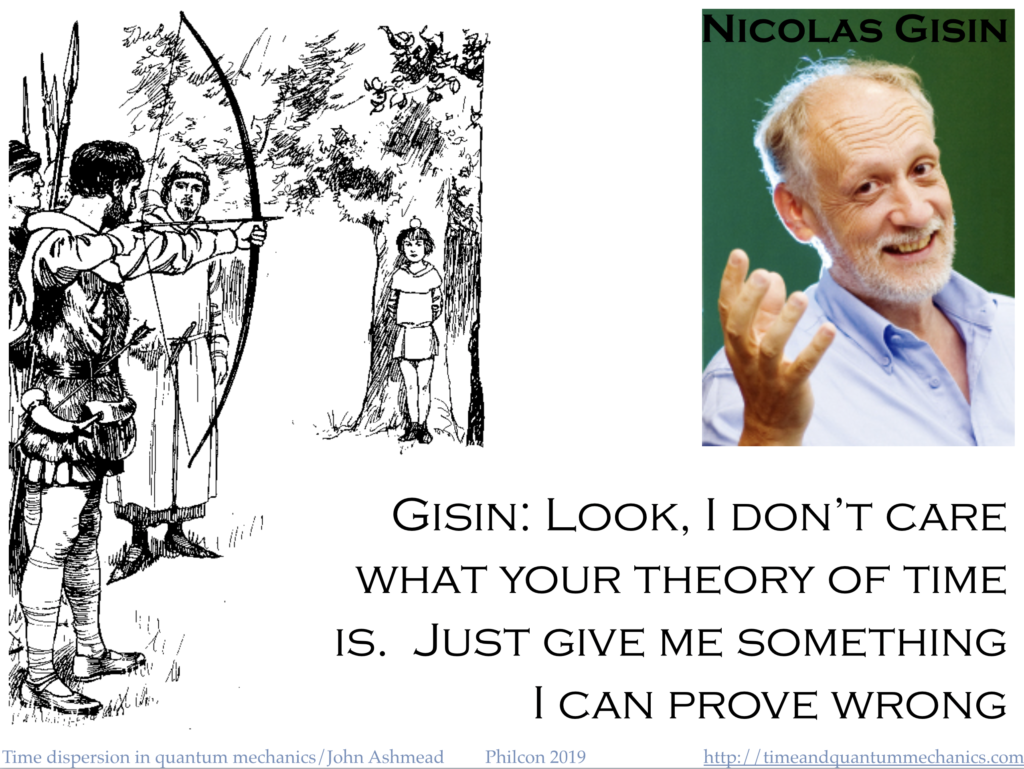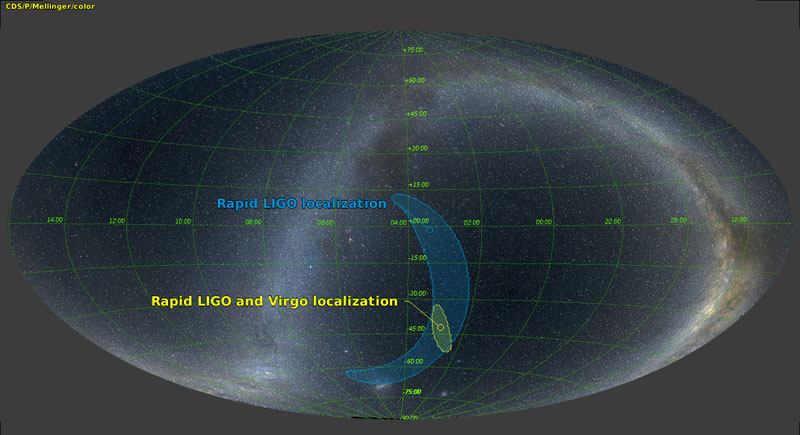Philcon 2019 — Recap

Got some great questions during my talk at Philcon: lots of stuff I had not considered before. If quarks are high-energy beasts, and if high-energy means short time, and if short time means increased effects of time dispersion, shouldn’t you look at impacts on quark calculations. Should & will! And what of quantum computing: would dispersion in time provide additional bandwidth for quantum computing? Very probably! Not to mention additional insight into the bugaboo of the quantum computing, decoherence.
I also liked that the audience really picked up on why I centered the investigation on falsifiability: I wasn’t trying to prove that there is dispersion in time, I have presented a way to prove there is not. Falsifiability is what makes science science.
I have uploaded the Keynote, PowerPoint, and PDF versions of the talk.
My panels were, as usual, interesting.
Hildy Silverman did a great job moderating Dystopia Now! she kept the discussion focused & moving. Fellow panelist Hakirah D’Almah, a journalist with a focus on the Middle East, was particularly trenchant. Hard to find the bright side of Dystopia, but I think we did. 1984 is a deeply optimistic work: by writing it (Orwell’s last, he died shortly after completing it) Orwell helped us avoid it.
I will admit the Evolution of Mars panel, while interesting, drifted a bit (Wild Marses I Have Known would have been a more accurate description).
I was happy to be the moderator on Looking for Life in our Solar System: the great thing about being a moderator — especially when you are the least qualified person the panel — sit back & let your fellow panelists — Earl Bennett, Dr. H. Paul Shuch, John Skylar — do the heavy lifting. Which they did very well!
And I was also moderator on The Blurry Line between Cutting Edge and Pseudoscience. The panel was right after my talk, so made a nice seque. The best question came from an audience member: how do I tell, when I see stuff on the web, what level of credibility to give it? Just asking that question is the first step. The panelists suggested credentials of the author, links to it, and my personal favorite: does the author find the good in his/her opponent’s arguments, recognize the weak spots in his/her own?
